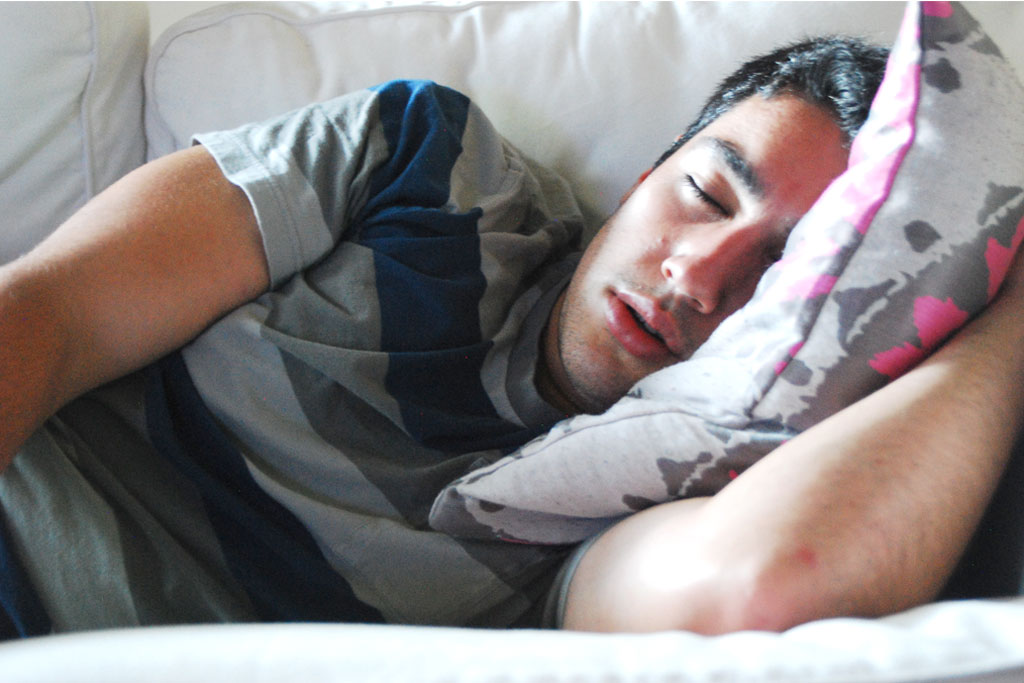As much as ours parents told us not to as children, we all still have that tired inclination to take a nap right after eating. Maybe it’s because I tend to stuff myself whenever I sit down to eat, but I’ve always wondered what made me so drowsy after my meals. I doubt that it has anything to do with the physical strength I exerted to fit that whole burrito into my stomach in such a short time (though I like to tell myself that from time to time). The answer might be smaller than you think.
Tryptophan is an essential amino acid, meaning that the human body can’t make it on its own—we have to get it by consuming food. Metabolically, it’s the the instigator of drowsiness, but it’s not necessarily at fault for your mid-afternoon yawns. After eating, your body produces insulin to convert the physical food you just swallowed into another form: stored energy. This insulin is what essentially triggers the tryptophan in your system to increase production of serotonin and melatonin, neurotransmitters that (among other things) are known for making you calm and sleepy.

Photo by Judy Holtz
This isn’t the only theory though. Most scientists haven’t agreed on one set cause for the post-meal drowsies. It’s even more likely that a number of factors are contributing to your lethargy. For example, when you eat too much, more blood flow is focused torwards digesting the food that it takes away from the typical blood flow to your brain. Dehydration is another major reason for your lethargy.
The other reason you might be feeling tired after you eat is because of your diet. If you’re primarily eating foods high in sugars and carbohydrates, your temporary energy fix probably leaves you even more tired than before. It’s even possible that you’re allergic or intolerant to a staple in your food regimen, which can certainly lead to poor digestion that makes you feel tired.


